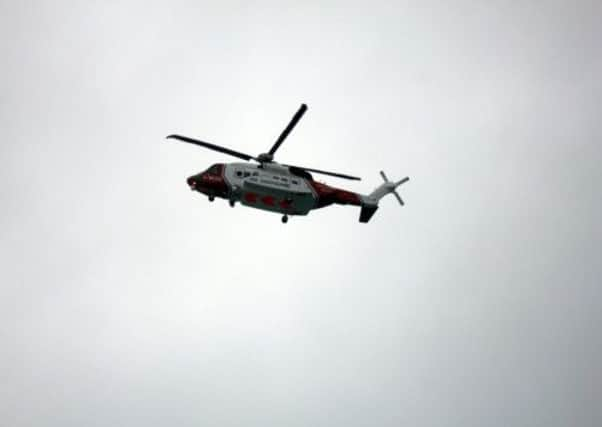Aberdeen, Shetland coastguard ‘understaffed’


More than a quarter of rescue co-ordinator posts at the Aberdeen coastguard station - the main centre for covering the North Sea oil and gas industry - have been unfilled. And the Shetland station is missing a third of its staff, according to the Public and Commercial Services (PCS) union.
A spokesman for the PCS said: “Maritime and Coastguard Agency figures show Aberdeen is seven staff short of its full complement of 26 and Shetland is six down on the 18 it should have. All UK stations have some vacancies, with understaffing around our coastline standing at almost 20 per cent during the peak period for the emergency service.
Advertisement
Hide AdAdvertisement
Hide Ad“This comes as incidents nationally have been on the rise, with the MCA reporting in July a 23 per cent increase on the previous year. Last month almost half of the shifts at Aberdeen were staffed below the safe ‘risk assessed’ levels over more than a year, and between May and September 2012 this rose to 54 per cent.”
He continued: “Across the UK, almost a quarter of all watches were staffed below the risk levels, and four others – Belfast, Dover, Falmouth, and Thames, in Essex – were staffed below safe levels more than a third of the time. As well as the vacancies at Aberdeen and Shetland the biggest gaps elsewhere are at Dover, Liverpool, Swansea and Thames, in Essex.”
Mark Serwotka, the PCS general secretary, blamed the staffing crisis on the uncertainty caused by the Government’s decision to press ahead with the closure of nine of the UK’s 19 coastguard stations, cutting 140 jobs. The stations at Clyde, Forth, and Yarmouth have already closed ahead of a new national operations centre on the south coast of England becoming operational.
Mr Serwotka said: “It is deeply troubling that at the coastguard’s busiest time there are such large holes in staffing. Officers have been leaving in droves because of the government’s ill-thought through closure plans and ministers and senior officials need to address this urgently.”
He said the union remained opposed to the closures, and claimed the government had failed to make a convincing case to either the public or Parliament that lives will not be put at risk as a result of the cutbacks.
A spokeswoman for the MCA said: “The Maritime and Coastguard Agency recently completed a recruitment campaign where 28 Watch Officer vacancies were filled at locations around the coast. Another recruitment campaign is underway.”
She continued: “Currently, where a Maritime Rescue Coordination Centre (MRCC) is experiencing reduced staffing levels, established ‘pairing’ arrangements are used. This means each MRCC can be connected to at least one other MRCC that will provide mutual support. Regarding Aberdeen specifically, pairing arrangements enable support to be available through a fixed link from the MRCC in Shetland and via dial up links from the MRCCs in Belfast, Stornoway, Humber or Liverpool
“Under the future structure, the introduction of the ‘National Network’ as part of the modernisation of HM Coastguard will enable the National Maritime Operations Centre and all other centres to coordinate any incident around the UK coast, enabling workload and incidents to be managed nationally rather than locally as at present.”